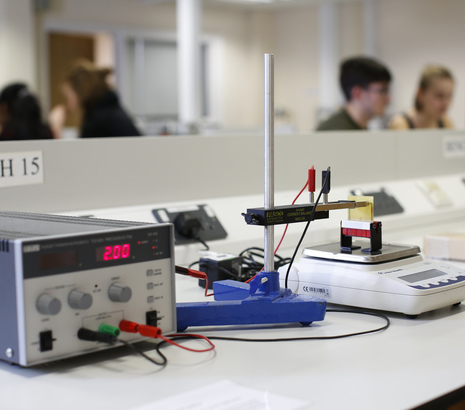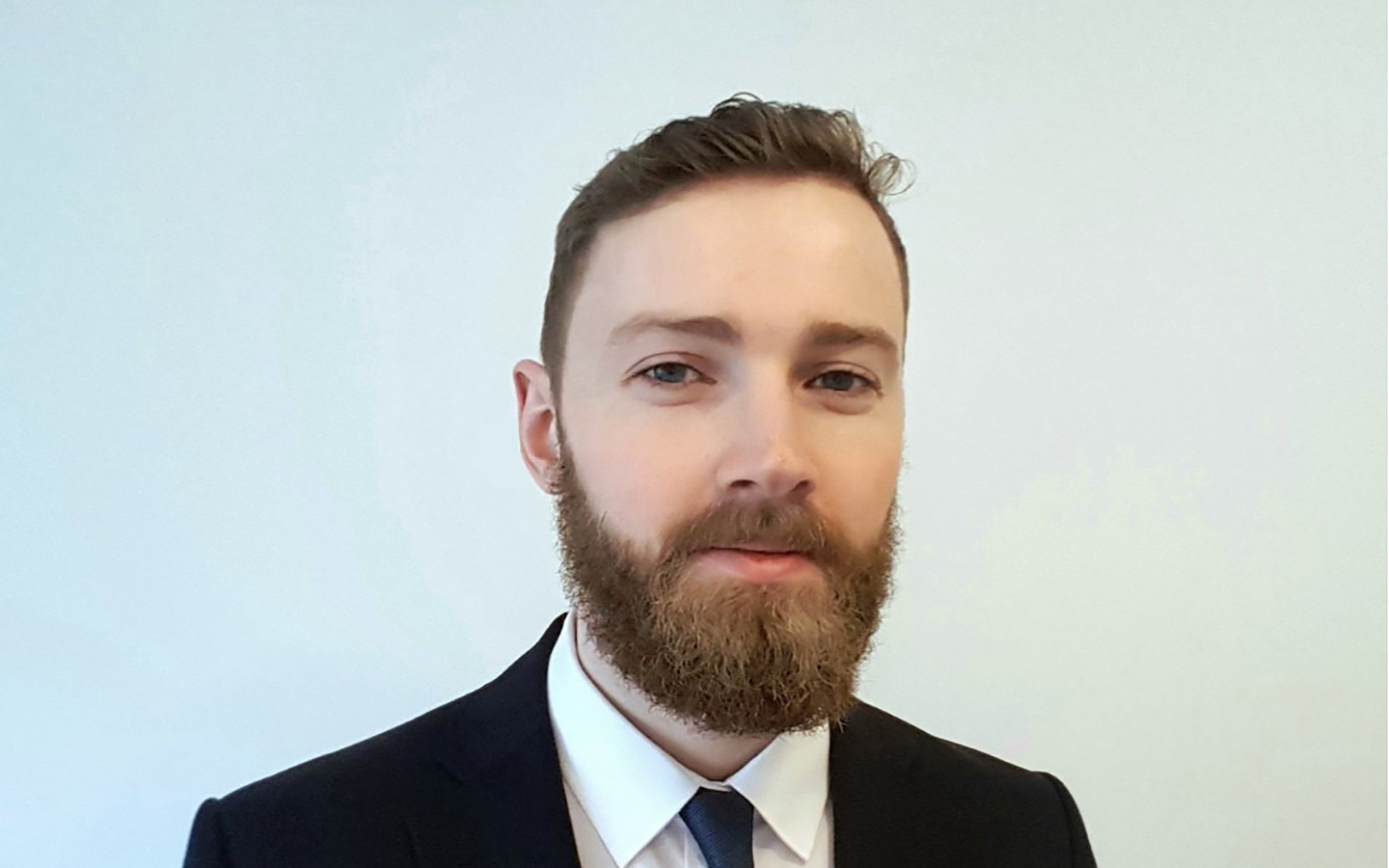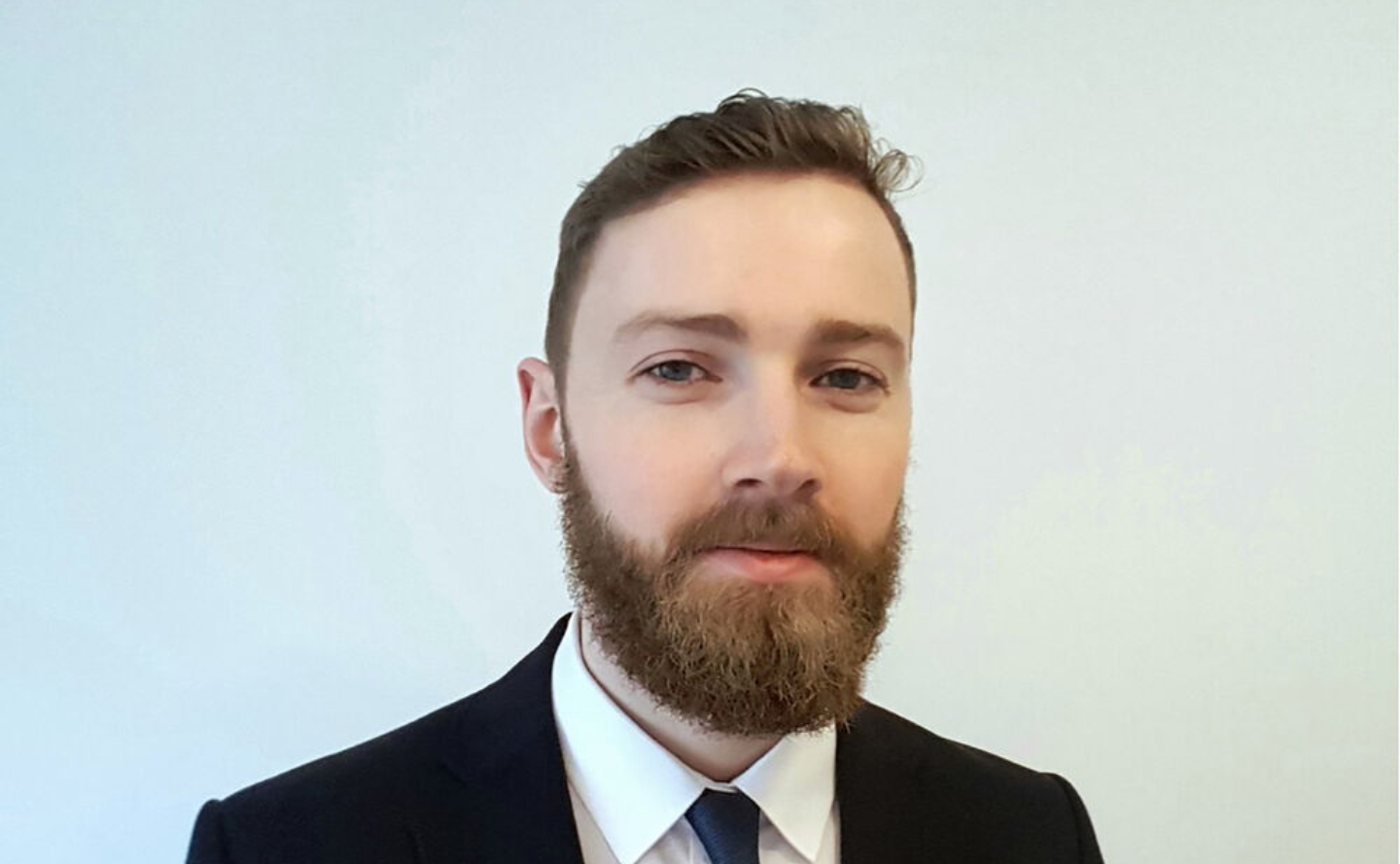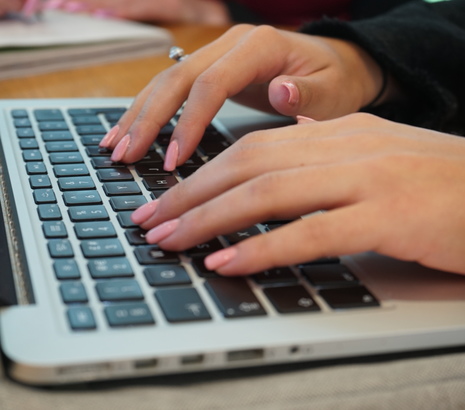MPhys (Hons) Physics with Space Science
£2,000 scholarship available with the ‘Mathematics and Physics’ scholarship.
Key information
-
Typical offer:
Entry requirements -
Fees: See below
Full details -
UCAS code: F305
-
Institute code: H36
-
Study abroad option
-
Work placement option
Find out more
Why choose this course?
- 2nd in the East of England (after Cambridge) for Physics & Astronomy(2023 Complete University Guide)
- Access to atmospheric sensing lasers
- Hands-on field trip to Goonhilly Earth Station in Cornwall
Combine your interests in physics and spaceflight
You are fascinated by the science that underlies our current understanding of the physical world, and you are excited by the exploration of space within our solar system using spacecraft. You want to develop your skills in physics, maths, computing and practical work. You want to understand more about how modern technology is enabling us to probe further into the universe - using telescopes based on the Earth and in space - and travel to more distant worlds using robotic spacecraft. You are interested in the role that the space industry can play in saving and protecting our planet.
We offer a broad and exciting curriculum which covers topics from plasma physics to space systems, geophysical fluids to rocket science. Our hands-on approach to the application of the physical and space sciences will spark your imagination. You’ll become creative and be able to solve real-world problems based on research-informed knowledge.
You don’t want to choose between your two favourite subjects. By studying astrophysics with space science at Herts, you’ll have the best of both worlds.
Benefit from our links to the space industry
At Herts, you’ll benefit from national and international links to the space industry. We have strong links to leading space industry experts, including: Goonhilly Earth Station (GES) in Cornwall, Airbus Defence and Space (in nearby Stevenage), the UK Space Agency and NASA, together with the rapidly growing number of Earth observation and satellite companies. You’ll even have the opportunity to undertake a week-long field trip to GES to gain hands-on experience with its deep space communication facilities, and training mission operations.
Herts and Hatfield have a proud history in space science and innovation. The pioneering Blue Streak rocket was built in Hatfield and the mathematics department has been involved in ground-breaking work on the optimisation of spacecraft trajectories. The University continues to build excellent industry links and forge progress in international space exploration and research.
You’ll benefit from access to one of the best astronomical teaching observatories in the UK – Bayfordbury Observatory. The Observatory, which hosts a suite of space science instrumentation, enabling you to observe and measure the atmosphere and climate, and track satellites as part of your own research and project work. Our team of expert researchers and academics will be with you every step of the way.
With lots of opportunities to master practical skills and theory, you’ll step into your future career with confidence.
What's the course about?
Physics is a fundamental science that seeks to describe and explain the material world in terms of particles and their interactions. This study takes place on many scales, from quantum dynamics to atmospheric physics – both areas currently under research at the University of Hertfordshire. Space science is the application of physics and engineering to the space environment of the Earth, and to spacecraft systems and dynamics. The development of ingenious instrumentation which is able to push measurements to their physical limits is important to both physics and space science are the
Your main campus is College Lane.
This is where the creative arts, science and health-related subjects are based. This means you’ll share the campus with future nurses, scientists, artists and more. You can use the common rooms to relax with friends, work out in the 24-hour gym or have a drink in our on-campus pub or cafes. We also have restaurants for you to eat in or grab something on the go. Our Learning Resources Centres are open 24/7, which means you can study whenever suits you best. Want to pop over to the other campus? You can take the free shuttle bus or walk there in just 15 minutes.
New School of Physics, Engineering and Computer Science building now open
Learn in our new state-of-the-art building science building called Spectra, featuring a variety of interactive learning spaces. Benefit from two brand-new physics teaching labs.
Spectra is home to the Centre for Climate Change Research and the Wolfson Centre for Biodetection and Instrumentation Research, which have both been created in response to the most pressing global challenges. You will also benefit from our Academic Support Hub, which is aimed at helping you build your employability and academic skills. Plus, have access to industry mentors who will provide you with pastoral support, vocational guidance and career progression opportunities.
Spectra will also provide space to collaborate, with plenty of workshops, social and meeting spaces available. Even better, the building has been designed with the University’s net zero carbon target in mind, and forms part of our plan to replace or upgrade older sites that are energy inefficient.
What will I study?
Our course offers a unique blend of core physics alongside the specialised area of space science. While based in the Department of Physics, Astronomy and Mathematics, you’ll also benefit from opportunities to take modules from the Department of Engineering including Space Systems, Rocket Propulsion and Performance, and Satellite Communications.
At Herts, we offer a range of teaching methods so you can reach your full potential. From small-group tutorials, to lectures, practical classes and guest speakers from industry, you’ll be inspired and supported every step of the way. You’ll also have access to Bayfordbury Observatory where you’ll carry out astronomical observations in a professional setting.
We offer a problem-based learning approach. Be inspired by our hands-on/practical approach to teaching. You’ll have the chance to work in teams to solve a space science problem. You’ll then deliver your findings in a competitive tender presentation to justify your proposal.
Not only will you showcase your theoretical knowledge, but you’ll gain confidence as an expert problem-solver through creativity and logic. For example, a workbook that you create in the module Space Dynamics is a detailed record of your investigation of the orbital and spin dynamics of spacecraft. Although a form of assessment, many graduates have used the workbook during job interviews to highlight their skills and capabilities.
In your first year, you’ll develop a solid broad foundation in physics, astrophysics and scientific mathematics, alongside training in laboratory and observatory techniques. The emphasis is on closely supporting your studies through regular academic meetings with a personal tutor in small groups. The class sizes mean that you will quickly get to know your peers and work together, sometimes in study groups that you form yourselves. A valued feature of the course is the easy and informal access you have to staff teaching on the modules.
In your second year, you’ll begin start to specialise in more advanced areas of physics and space science, including modules in Space Science and Systems and advanced core curriculum in electromagnetism and thermodynamics. One of the optional physics modules focuses on plasma physics and fusion reactors. Plasma physics is key to understanding the space environment close to the Earth. Fusion reactors, apart from their importance to energy generation on Earth, may someday power interstellar spacecraft.
In your third year, you will study topics such as nuclear and particle physics, and geophysical fluids – the motion of the atmosphere and oceans. You’ll also undertake an in-depth investigative project. Throughout the project, you’ll be closely supervised and guided by one of our experienced researchers in the Centre for Atmospheric & Instrumentation Research. Previous projects have included designing a calibration system for airborne ice sensors, modelling the behaviour of soliton waves in the oceans, and examining quantum dynamics using topological methods. You'll study the performance and propulsion of rockets and study spacecraft dynamics in an innovative computer-based environment.
In your final year on the MPhys course, you’ll progress on to study more advanced areas in a range of physics specialisms. You will also meet current postgraduate students in the department in these classes. You'll also do an advanced module within the Engineering department on the space systems approach to mission planning. This year is good preparation for your next steps into postgraduate research.
Check out our student blogs

Student Blogs
Olaitan - Week at a glance
My week at a glance
Most days I wake up and usually jog around the field by the de Havilland campus. When the sun is just coming up and you’re surrounded by cows and nature there's no better way to start the day.
During lectures, I try to ask as many questions as possible. I try to clarify what I take from the lecturer at once, so we’re both on the same page. Afterwards, it’s straight to the library. Depending on the day, I’ll do problem sheets or take notes on a module in one of my many self-made booklets. If I need a textbook I can usually consult the online library portal. I’m not particularly good at programming, so If I need help, I can go to the programming support sessions they offer every Wednesday.
If I’m struggling with a subject, I’d bring it up with my lecturer, most have an open-door policy and are super chill.
If it’s a particularly beautiful day, my course mates and I will grab a couple of drinks. I’ve had countless fond memories there. The staff are friendly and there’s usually deals on food and cocktails to keep you coming back.
I’m on the kickboxing AU team and train three times a week which is very intense but it’s also incredibly rewarding. I’ve never been very sporty, so I took a big risk in joining the sessions. One year later, I’ve gone from third place at sports day shot-put (with three competitors) to the president of the team. The exercise is an awesome way to de-stress after a full-on day. In the time I’ve spent kickboxing I’ve gone to my first competition and gone up in two belt grades. Most days we get a pint in after which isn’t bad either. I’ve made so many lifelong friends and learned so much about myself in that space of time.

Student Blogs
Olaitan - Things you should know
Things you should know before starting your course
So you’ve just started at the university and you want to get stuck in. Here are a few things you should know.
Join a sports club. This is one of the most obvious pieces of advice you’ll hear but you will truly understand how important it is once you’ve joined. If you don’t want to be too committed to a sports team or you’re not regularly active, that’s cool. There are loads of ways to get involved. Active students is a program at the University that offers free, yes FREE, no commitment sports sessions. There are loads of various activities from badminton to parkour. We have way too much choice for you to be a couch potato. Once you get settled in a club, it can be the easiest way to make friends and a support system.
Be welcoming to international freshers. For many of those guys, it’s their first time out of their country. So uni might be a massive culture shock. If their English isn’t great, be patient. If you see someone who looks a little quiet in your lectures, have a chat with them. All their friends might be 1000s of km away.
Get to know your lecturers and make your face regular in your school’s building. If you keep building good relationships with your lecturers, you will get the most out of your course. Lecturers teach dozens of other students so it’s worth making yourself known and you will hit the ground running. Be the first at the gate. I’m obviously not asking you to be a square but you might as well get your money's worth(since the university is so expensive).
The best piece of advice I’ve ever received is...
...Start studying one week before your course starts.
Super simple. If you think about it, most learning isn’t done at lectures. It’s usually at the library. Of course, you should go to lectures, they are vital. However, from my experience lectures work better when you already understand the context of what's going on. And there is nothing more uncomfortable and morale destroying than not understanding what’s going on.

Student Blogs
Olaitan - Local area
Things to do in the local area
Let's say you've done everything on campus and you want to do a bit of exploring nearby. What do you do? Well here are a few fun places in the area that are only a short journey away.
Firstly, in Hatfield, we have the Galleria. It’s our local shopping centre just outside the campus. You’ll find yourself at the Nandos or cinema I bet. Moreover, we now have a sweetshop and free books shop. The book shop is my favourite. I have unearthed some rare once in a lifetime treasures. Walking around the Galleria is a great date. Getting some coffee, a bite to eat or just wandering around the shops. If you really want to have some fun there's a shiny SEGA arcade hidden in the back.
Although it doesn’t initially seem like it Hatfield is plentiful with large green open spaces. Just behind the sports fields on the de Havilland campus, there are massive farmlands that are perfect for summer walks and runs. Additionally, if you step just out of the station you can find Hatfield house. This is where they usually host Slam Dunk Festival. It’s a popular UK pop-punk, emo, metal, and alternative music festival. How insane is that?!
St Albans is a beautiful little city only a short train or bus ride away. It has a cute villagey feel with a huge open park by its town centre. You can lose yourself in the restaurants and nightlife or stroll around its various markets and high street shops. Incredibly good for exploring with its gigantic cathedral and museums.
London is a 25-minute train ride from the University of Hertfordshire. If you have a spare day, why not treat yourself to a trip to the big city.

Alumni Stories
Jordan Skilling
Meet Jordan Skilling whose Physics degree took him on an unexpected journey into the financial sector. Jordan is now a Commodities Trade Support Analyst for Morgan Stanley.
Read more stories BSc (Hons) Physics| Current role | Commodities Trade Support Analyst |
|---|---|
| Year of graduation | 2014 |
| Course of study | BSc (Hons) Physics |

University experience
Going to university gave Jordan the chance to study his favourite subject area and see where it took him. While he was interested in both Astrophysics and Physics, at the University of Hertfordshire he knew he would have access to one of the largest teaching observatories in the country, Bayfordbury Observatory. This was ‘a major plus’ when Jordan was making his university choices.
He decided to study Physics, but also developed a keen interest in Mathematics. He learnt to grapple with abstract ideas and make accurate and clear summaries of his thoughts. Jordan tells us how the logical thinking skills he developed at university helped him to ‘handle life in investment banking.' Furthermore, he liked the social side of student life. He was involved in societies and remembers ‘many funny days, laughing with housemates.'
Career progression
After graduating, Jordan landed a job with Merrill Lynch in Chester. It involved supporting the sales and trading desks in Singapore, London and New York. Jordan recommends new graduates consider starting out in a company’s off-site location as it’s a ‘fantastic way of getting your foot in the door, giving you the opportunity to learn a wide range of processes’. This experience was beneficial when Jordan later moved to London to become a Commodities Trade Support Analyst for Morgan Stanley.

